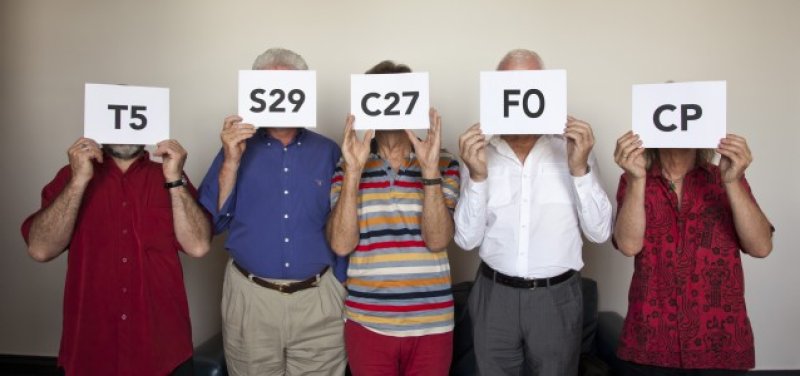In the United States, where anonymous donation is still technically offered, some donor-conceived people are asserting a right to know their genetic origins and even to contact their biological parents, who may or may not welcome the surprise.
All of this was unimaginable a few decades ago. Doctors used to routinely advise parents to keep the use of a sperm donor secret—even from their own children—and this silence reinforced a sense of shame about the practice. Today, parents are strongly encouraged to tell the truth; moreover, DNA tests mean they couldn’t hide it even if they wanted to. As more people find out they are donor-conceived, they are in turn finding one another: They are gathering in online communities such as “We Are Donor Conceived” and other Facebook support groups.
In a forthcoming book called Uprooted, Peter Boni, who learned he was donor-conceived at age 49, lays out a “Donor-Conceived Bill of Rights” that demands, first and foremost, the end of anonymous donations and includes access to a donor’s medical records, limits on the number of offspring per donor, and consequences for outright fertility fraud.































